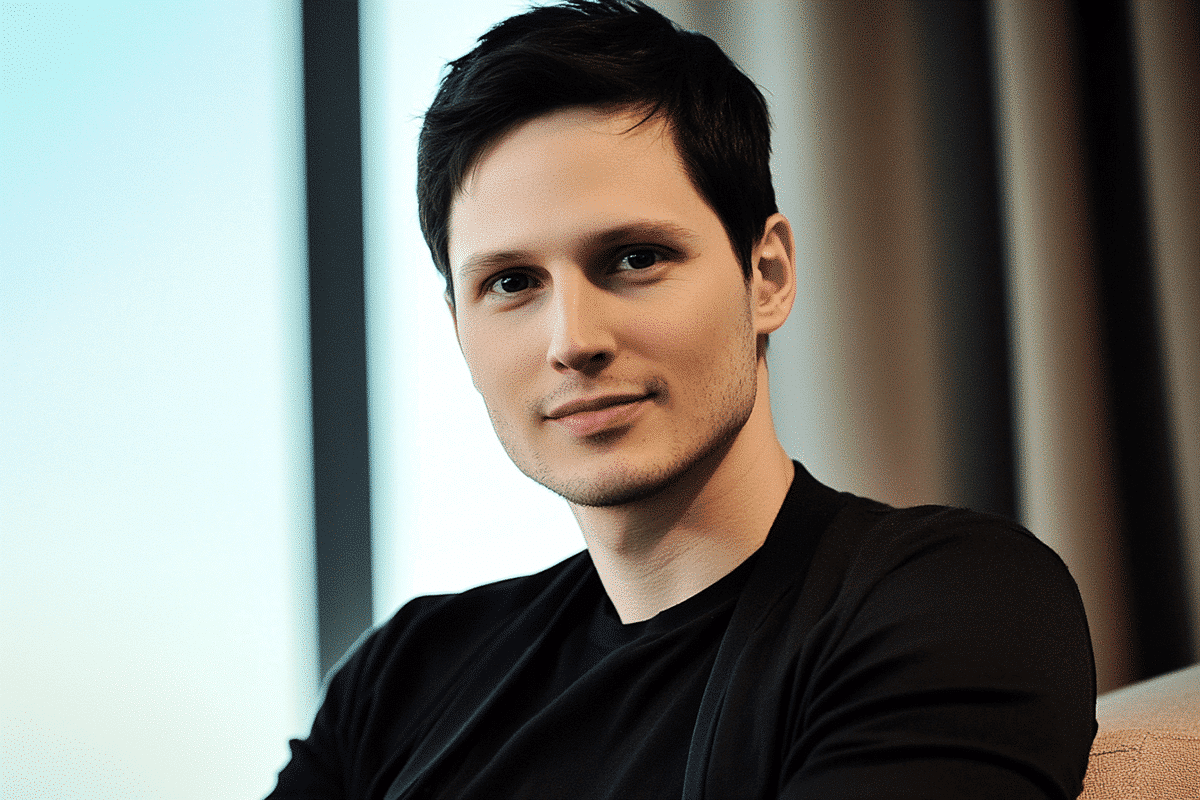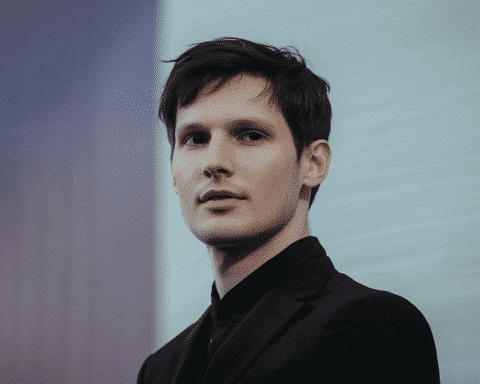Pavel Durov, the billionaire CEO of Telegram, was recently arrested in France, casting a spotlight on the popular messaging service and its ongoing controversies. The arrest, which occurred at Paris’s Bourget Airport, is tied to allegations about Telegram’s lack of content moderation. Durov, a Russian-born entrepreneur, now faces serious legal scrutiny as French authorities delve into a range of criminal activities allegedly facilitated by the platform.
A Closer Look at the Allegations
Durov’s arrest stems from accusations that Telegram has been complicit in various illegal activities, including aiding fraudsters, money launderers, drug traffickers, and those distributing child sexual exploitation content. The French prosecutor’s office has stated that Durov refused to provide critical information or documents relevant to their investigation. This refusal has placed him under formal investigation, requiring him to remain in France under judicial supervision. A bail amount of $5.56 million has been set, and Durov must report to a local police station twice weekly.
The investigation, which includes a total of 12 charges against Durov and his platform, marks a significant moment for Telegram, as the app has faced increasing scrutiny over its role in facilitating illicit activities. Despite these allegations, Telegram has maintained that it complies with European Union law and asserts that Durov has nothing to hide.
The Double-Edged Sword of Encryption
Telegram, launched by Durov and his brother in 2013, is renowned for its strong encryption capabilities, which make it a favorite among users who prioritize privacy. With over 950 million users worldwide, the app serves as a crucial communication tool in many countries, including those with limited freedom of speech, such as Russia, Iran, and India. The platform is also widely used in Ukraine, where it has become essential for sharing news and safety alerts during the ongoing conflict.
However, the same encryption that safeguards user privacy has also made Telegram attractive to criminal elements, including terrorists, extremists, and organized crime groups. The app’s large group chat feature, which allows up to 200,000 users to join a single group, has raised concerns about the rapid spread of misinformation and illegal activities.
Telegram’s Controversial Role in Global Events
Telegram’s unyielding commitment to encryption has often placed it at odds with government authorities. In 2018, the Russian government attempted to ban Telegram after Durov refused to hand over decryption keys to security services. The ban was eventually lifted in 2020, but the incident underscored Telegram’s commitment to user privacy, even in the face of government pressure.
The platform has also found itself at the center of political and social controversies. Following the 2020 U.S. presidential election, Telegram became a popular platform for Trump supporters and followers of the QAnon conspiracy theory, especially as mainstream social media platforms cracked down on misinformation. Concerns about the potential for real-world violence grew among law enforcement officials as misinformation spread unchecked on Telegram.
More recently, Telegram restricted access to channels associated with Hamas during the group’s conflict with Israel. Additionally, in response to far-right, anti-immigrant riots in the United Kingdom, the app has started actively removing calls to violence, demonstrating a growing awareness of its role in facilitating harmful activities.
Who is Pavel Durov?
Pavel Durov’s journey from the Soviet Union to becoming a tech billionaire is marked by a series of bold decisions. Often referred to as the “Mark Zuckerberg of Russia,” Durov initially made his mark by founding VKontakte (VK), Russia’s largest social media platform. His refusal to cooperate with Russian authorities over user data during the 2013 protests in Ukraine led him to resign from VK and leave Russia entirely. This defiance underscored his commitment to user privacy, a principle that continues to define Telegram.
Now residing in Dubai, where Telegram is headquartered, Durov has become a global figure, not just for his tech innovations but also for his outspoken stance on privacy and internet freedom. His arrest in France marks a significant chapter in his ongoing battle to protect user rights while facing the legal implications of running a platform that offers near-total anonymity.
The Future of Telegram
As the investigation continues, the future of Telegram remains uncertain. The platform’s commitment to encryption and privacy has brought both acclaim and criticism. While it serves as a vital communication tool in many parts of the world, its use by criminal and extremist groups poses a challenge to its operations. Durov’s legal troubles in France may compel Telegram to reconsider its approach to moderation, balancing the need for privacy with the responsibility to prevent the misuse of its platform.
The unfolding events will likely have significant implications not only for Telegram but also for other tech companies grappling with the complexities of privacy, security, and freedom of speech in the digital age.




